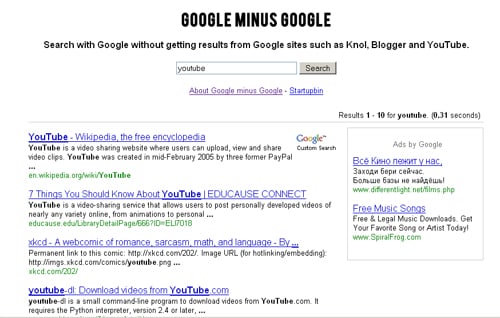Q. Is Web intelligence demystified in this book, Google Search Secrets?Google Search Secrets by Michael P. Sauers and Christa Burns
Ans. Not really. This book has very less semantic and much of it is presentational, helping you as 'What you see is what you get' (WYSIWYG). In short, this is another Library Guide (not to be confused with LibGuides by Springshare), also telling you 'What You Get Is What You See.'
Paperback: 224 pages; ALA Neal-Schuman (October 28, 2013); ISBN-13: 978-1555709235
Table of Contents:
Extract:
Table of Contents:
Welcome to Google; Google Web Search; Google Images; Google News; Google Videos; Google Maps; Google Blog Search; Google Scholar; Google Patents; Google Books; Google Alerts; Google Search Tips and Tricks
Extract:
Google can be an incredibly powerful tool for research, but the top-of-the-page results are seldom the most beneficial to library users and students, and many of the search engine's most useful features are hidden behind its famously simple interface. Burns and Sauers reveal the secrets of effective Google searches in this invaluable resource showing how to get the most out of the service, with
- An overview of all the tool's search services, including Image, Maps, News, Blogs, Discussions, Scholar, Patents, and Books
- Ready-to-use instructions on how to go beyond the simple search box and top results to get library users the answers they need, fast
- Straightforward guidance on using filters to refine search results, with examples of common searches like images with Creative Commons licenses, news searches set for a date range or into an archive, and videos with closed captioning
- An explanation of the bibliography manager feature of Google Scholar, which allows students and researchers to build bibliographies with ease
- Tips for configuring Safe Search on workstations in children's departments and schools
 Available @ Amazon.com
Available @ Amazon.com






 More about (my new home) Google sites and the old home, READ
More about (my new home) Google sites and the old home, READ